At Columbia, we are here to ensure that your mitral disease can be treated successfully, with the most modern procedures, by the most experienced heart valve teams in the country. We tailor treatment to your unique condition and anatomy to provide you with the best outcomes and the best experience.
Our Center is located at the heart of the Columbia University Medical Center in Washington Heights, at 161 Fort Washington Ave at the corner of West 165th Street. To make an appointment, please call (212) 342-0444. We look forward to meeting with you.
OUR SERVICES
Minimally Invasive Techniques
Whenever possible, we use the latest interventional, hybrid, and minimally invasive approaches to maximize safety, decrease discomfort, and shorten hospital stay and recovery time. Our interventional cardiologists and cardiac surgeons have worked together for decades to develop procedures that combine surgical and catheter-based techniques, resulting in safer, less invasive “hybrid” treatments and options like the percutaneous mitral valve repair.
At the forefront of mitral valve research
Our team is at the forefront of research into minimally invasive approaches to traditional heart surgeries. All the most recent innovations in valve surgeries – including minimally invasive and catheter-based approaches – are currently being performed at Columbia and show promise in improving outcomes and minimizing recovery times.
Specialists in High-Risk Cases
At Columbia, our expertise and experience allows us to take on cases that may be too high risk or complex for other institutions. Our team includes leaders in cardiac imaging techniques, so that we can gather a high quality visualization of your mitral valve and a thorough understanding of the extent of your condition to help us make informed decisions about the best treatment options for you.
If you have been told your case is inoperable, our team is here to provide a second opinion and offer you safe and effective options that others can not.
A Commitment to Patients-Centered Care
At Columbia, we understand that getting the care you need can be a stressful and confusing process. We are here to answer your questions, listen to your concerns and support you every step of the way, from evaluation through your procedure, recovery, and beyond.
CONDITIONS WE TREAT
Mitral valve disease can come in several forms, and can be associated with certain infections, such as endocarditis or rheumatic fever, or related heart conditions such as ischemic heart disease.
The mitral valve opening and closing properly is essential for the heart’s function. When it becomes difficult to keep the valve fully open, as is the case with Mitral Stenosis, blood has a hard time following the typically pathway through the heart. The heart struggles to compensate, working harder with less blood supply.
When the valve cannot fully close, as is the case with Mitral Regurgitation, it becomes leaky, allowing blood to flow backwards. This creates a buildup of pressure in the lungs, which can lead to swelling, shortness of breath and a host of other related problems.
PROCEDURES WE OFFER
Symptoms of mitral valve disease can sometimes be managed with medications like diuretics and blood thinners, but fixing the underlying valve issues requires a procedure.
There are two types of procedures that treat mitral valve disease: mitral valve repair and mitral valve replacement.
In a Mitral valve repair, diseased tissue is removed in order to restore the healthy, functioning valve beneath. Because this approach does not introduce any foreign material to the heart, it is sometimes the best approach in those who still have some intact valve tissue.
In cases where the damage to the valve is more severe and repair is not an option, the valve can be replaced. In Mitral valve replacement, the valve is completely replaced with either a tissue graft or a mechanical valve. These new valves mimic the function of a normal valve, and can last for up to 20 years.
Depending on your unique case, you may be a candidate for Transcatheter mitral valve replacement (TMVR), one of the latest treatment options we offer for Mitral valve disease.
For people with mitral regurgitation who have significant discomfort and are too high-risk for surgery, we offer the MitraClip*, a catheter-based treatment. In this procedure, a thin plastic tube is threaded through a vein towards the heart. A metal clip is then guided along the catheter (using x-rays) until it reaches the mitral valve. The MitraClip device clips the leaflets of the valve together to reduce the amount of blood that flows back into the left atrium.
Columbia has been at the forefront developing minimally invasive, robotic, and catheter-based approaches to heart valve repairs and replacements, allowing those who are higher-risk access to lifesaving surgery. Additionally, hybrid approaches for complex cases are performed routinely at our Heart Valve Center, such as a combined mitral valve replacement and tricuspid valve repair.
*Columbia University receives royalties from Abbott Vascular for sale of the MitraClip
OUR TEAM
We bring together the world’s leading interventional cardiologists, valvular surgeons and heart imaging specialists to create a truly multidisciplinary team. Our physicians work closely with nurse practitioners, research assistants, and clinical coordinators to create a seamless surgical experience. You can learn more about our team below:
Susheel K. Kodali, MD
Director, Structural Heart & Valve Center
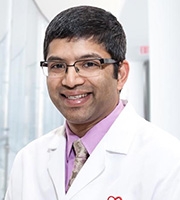
Michael Argenziano, MD
Associate Chief, Division of Cardiac, Thoracic & Vascular Surgery

Emile Bacha, MD
Chief, Division of Cardiac, Thoracic & Vascular Surgery
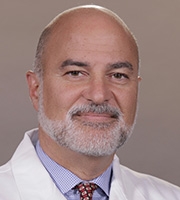
Isaac George, MD
Surgical Director, Structural Heart & Valve Center
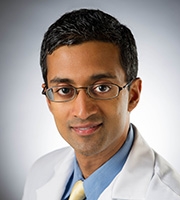
Rebecca T. Hahn, MD
Director of Interventional Echocardiography

Martin B. Leon, MD
Director, Center for Interventional Vascular Therapy
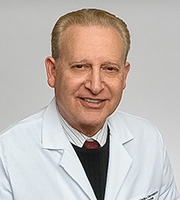
Tamim M. Nazif, MD
Director of Clinical Services, Structural Heart & Valve Center
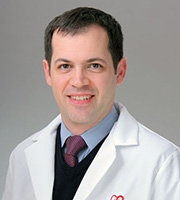
Allan Schwartz, MD
Chief, Division of Cardiology
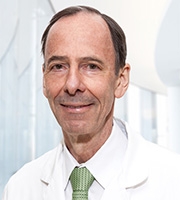
Craig R. Smith, MD
Chair, Department of Surgery
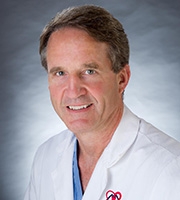
Torsten P. Vahl, MD
Director, Experimental & Translational Research
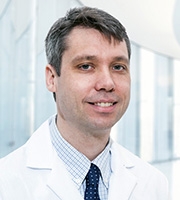
CONTACT
For appointments or more information, please call us at (212) 342-0444, or visit us the Columbia Heart Valve Center website. We look forward to meeting with you.
